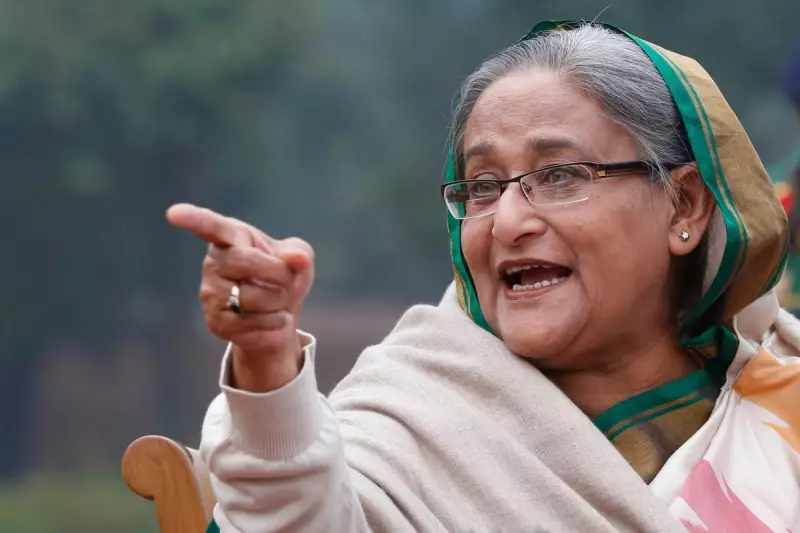
A Nation at a Crossroads
Bangladesh stands at a critical juncture following the sentencing to death of its former Prime Minister, Sheikh Hasina. The verdict, delivered on Monday, found her guilty of crimes against humanity, charges stemming from the violent uprising in August 2024 that ended her 15-year rule and left hundreds dead.
Hasina, who has been in exile in India since 5 August last year, has vehemently rejected the court's decision, labelling it as "biased and politically motivated." For her opponents, however, this represents a profound opportunity for national healing and a chance to move forward from a period of intense trauma.
The Daunting Path to Democracy
The interim government, led by Nobel Peace Prize Laureate Muhammad Yunus, now faces the monumental task of steering the South Asian nation towards a credible election in February. This poll is historic, marking the first in nearly two decades where expectations for a free and fair process are high, a stark contrast to the January 2024 election which was boycotted by opposition parties and marred by violence.
Analyst Michael Kugelman of the Asia Pacific Foundation of Canada highlights the extreme political polarisation. "The interim government has fully suppressed the Awami League... So the level of polarisation is at a fever pitch," he stated. The primary concern is election-related violence, with fears that supporters of the banned Awami League may attempt to disrupt the process. This is compounded by reported morale issues within the police force, raising questions about its capacity to manage unrest.
Adding to the tension, Hasina’s son has warned that the party might attempt to block the election unless the ban on its activities is lifted, insisting that only an inclusive vote can stabilise the country.
International Scrutiny and a Leader's Legacy
The verdict has drawn mixed reactions globally. While the UN's High Commissioner for Human Rights described it as "an important moment" for victims, it reiterated its opposition to the death penalty. Human Rights Watch and Amnesty International have raised serious questions about the fairness of the trial process.
This places immense pressure on Yunus to convince the international community of the trial's credibility. Furthermore, analyst Sabir Mustafa, former head of the BBC's Bengali Service, argues that Yunus has already damaged his Nobel legacy by presiding over human rights violations, including mob justice and arbitrary arrests.
Mustafa believes the international community will continue its support, but the interim leader's key challenge is to ensure a peaceful and credible election in February. "The challenge before him between now and February is to ensure that things run smoothly and the elections do happen in February in a peaceful and credible manner," he said. Crucially, with the Awami League banned, Yunus must prevent the election from being rigged in favour of the Bangladesh Nationalist Party or the Jamaat-e-Islami party to revive his standing.
The Long Game for an Exiled Leader
Despite Bangladesh's call for extradition, it is considered highly unlikely that India will return Hasina. This sets the stage for a prolonged political struggle. "Hasina will likely bide her time, continue to manage her party’s affairs from India and play a long game with the hope of a return to politics if circumstances change," explained Kugelman.
The future of the Awami League itself hangs in the balance. Mustafa suggests that without Hasina's direct leadership and a programme of significant internal reform, the party faces a difficult path to revival. "So, Hasina needs to start the party's reforms herself," he indicated, noting that while the trial was "seriously flawed", mobilising widespread protest in the immediate future remains a challenge. The party must now confront the difficult task of renewal to have any hope of a future comeback.





